Formative Assessments Teaching Resources
Make formative assessment easy this school year with printable exit tickets, self-assessment cards and more teacher-created resources for your primary classroom.
Each formative assessment printable or digital resource in this collection has undergone a careful review by one of the expert teachers on the Teach Starter team to ensure it's ready for your classroom and your students!
Curious about how to make formative assessments effective in your classroom? Read on for a primer from our teacher team!
What Is a Formative Assessment?
Formative assessment is a method of monitoring your students’ learning in the midst of your lessons. Because the goal is simply to assess if your students understood the lesson — and if you need to make adjustments in your teaching — there's no marking required.
This assessment type stands out from summative assessments, which are typically subject to marking. Summative assessments occur at the end of a learning progression and are solely focused on evaluating content mastery.
Why Are Formative Assessments Important?
When it comes to assessing students, formative assessments are a crucial tool in any teacher's toolbox because they give you a chance to provide feedback or make adjustments to your teaching quickly, and they come in handy for both you and your students.
As a teacher, a formative assessment helps you see where students might be struggling and address the problem immediately. For students, these brief knowledge checks help them identify their own weaknesses and ask for help.

Use our sticky note template to print lines on sticky notes for students to fill out a simple assessment with some details about what they've learned.
How to Make Your Formative Assessments Effective
Want to get the most out of your formative assessments? In addition to the countless assessment tools in this collection, our teacher team has created a list of ideas to help you enhance their effectiveness.
- Keep it simple. You don't have to reinvent the wheel to assess students' basic understanding. Something as simple as just one or two questions on the main point of the lesson can be incredibly effective!
- Add these assessments to your classroom routines. In addition to being simple, these assessments should not take up a lot of class time. Establishing a system and routine for different content will allow you to get the assessment done and move on to the next item on your classroom schedule in a timely manner.
- Don't take it personally. When students hand back an assessment that indicates your lesson did not come across the way you'd hoped, it can feel like a major letdown. It's important to allow yourself to adapt and learn from the experience rather than taking it personally. Remember that even if one lesson worked last year, you have a whole new set of students with their own individual needs!
- Be flexible. Nothing is more frustrating than having to revisit a lesson when you have so much to do and only so much instruction time. Remember this assessment data is simply making you a better teacher, and it's important to be flexible!
As noted before, these assessments should not be graded and should not carry any significant weight since they’re only part of the learning process! This enables students to answer without fear of penalty, making them substantially more effective.
- Plus Plan
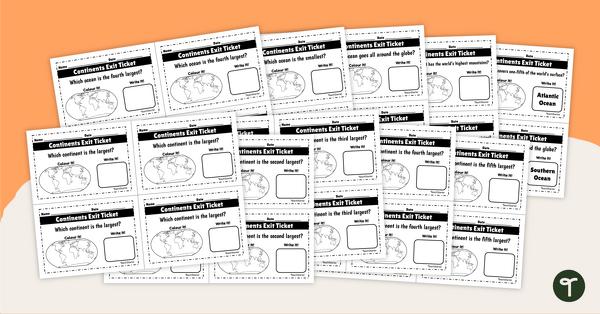
Continents and Oceans - Exit Tickets
Determine your students' mastery of Geography concepts with a set of twenty continents and oceans exit tickets.
- Plus Plan
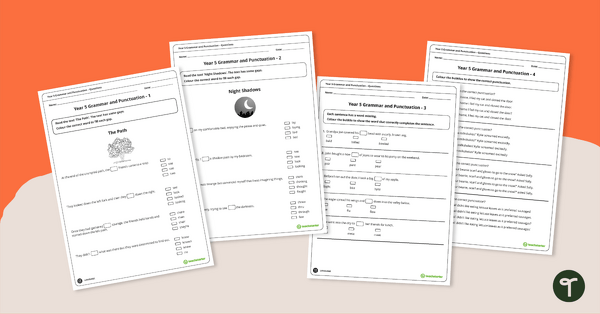
Grammar and Punctuation Assessment Tool - Year 5
A set of 5 grammar and punctuation assessment tools suited to Year 5 students.
- Plus Plan
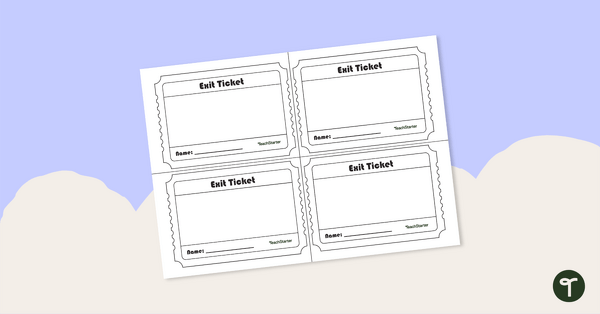
Exit Tickets Template
An exit ticket template to ascertain your students' understanding of concepts you have just covered.
- Plus Plan
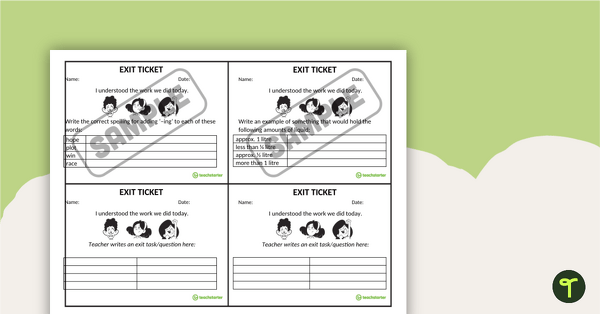
Editable Exit Tickets – Template
An editable exit ticket template to ascertain your students’ understanding of concepts you have just covered.
- Plus Plan
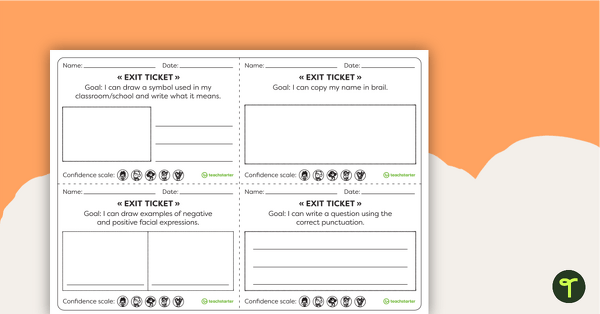
Year 1 Literacy Exit Tickets – Worksheets
30 Literacy Exit Ticket activities for students to provide evidence of their learning progress.
- Plus Plan
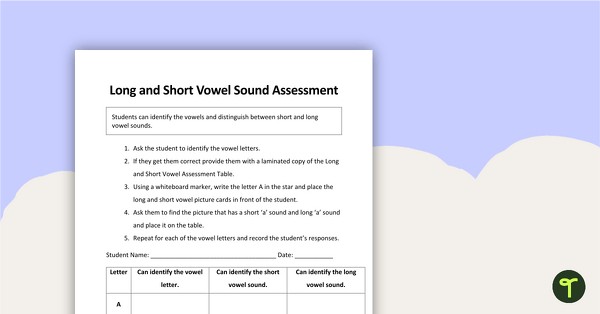
Long and Short Vowel Flashcards (Assessment Kit)
A set of 10 picture flash cards covering long and short vowel sounds and a teacher assessment tool.